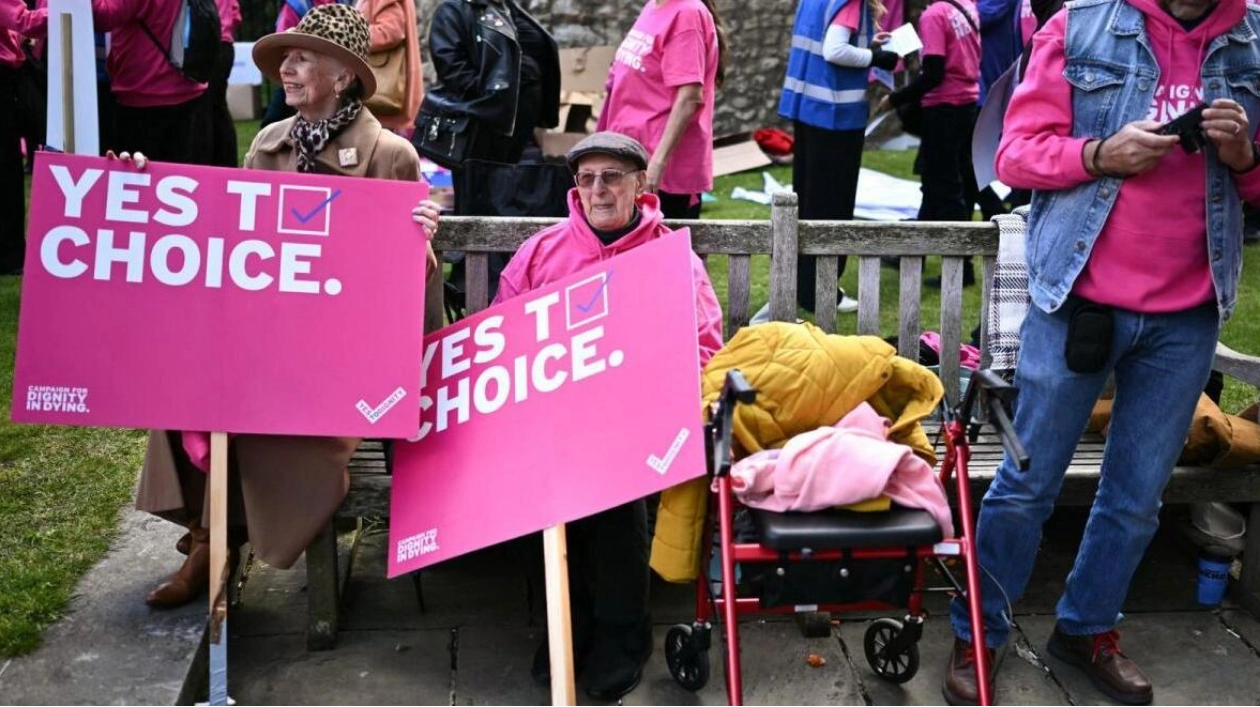British legislators are set to debate whether terminally ill adults should have the option to end their lives with medical assistance, marking the first parliamentary attempt to legalize assisted dying in nearly a decade.
Supporters of assisted dying argue that public sentiment on this deeply emotional topic has evolved since a similar bill was rejected in 2015. They believe that mentally competent, terminally ill adults with six months or less to live should have the right to choose how they end their lives.
Currently, assisted dying is illegal in England and Wales, with a maximum penalty of 14 years in prison. Individuals who accompany family members to countries like Switzerland, where euthanasia has been legal since 1942, could face prosecution upon returning to the UK for aiding in suicide.
In recent years, Australia, Canada, New Zealand, and several US states have legalized assisted dying or euthanasia to varying extents. The new legislation, yet to be published, will be introduced to Parliament on October 16 by Labour Party MP Kim Leadbeater. She secured the right to propose a bill on a topic of her choice and confirmed on Thursday that she would present one on legalizing assisted dying.
Although the bill does not have government support, Prime Minister Keir Starmer, whose Labour Party won an election in July, pledged earlier this year to allow MPs a free vote, meaning they will not be directed to vote in any specific manner. Cabinet Secretary Simon Case also informed ministers in a letter that they would not be instructed on how to vote.
If passed through the full legislative process, which could take several months, the law would apply to England and Wales. Meanwhile, Scotland's devolved parliament is considering similar legislation.
Leadbeater expressed her strong belief in giving individuals facing an unbearable end to their lives a choice about how that end is experienced. Research published by Savanta revealed that Britons are more than twice as likely to support assisted dying than oppose it. A poll of 2,000 people found 48% in favor, 21% against, 22% neutral, and the rest undecided.
Sarah Wootton, head of the campaign group Dignity in Dying, called this a historic opportunity to bring about significant change for dying people, noting that the mood in Westminster has dramatically shifted to align with public opinion.






